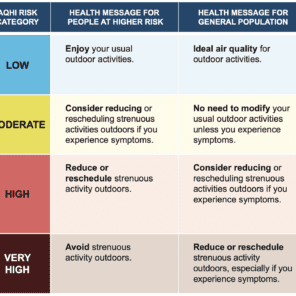Client: Canadian Blood Services
Listing of the client in no way affirms the client's support, sponsorship, or validation in any form of Risk Sciences International or the RSI staff member(s) who conducted this project during their stay with RSI or prior to joining the company. This case study is displayed for informative purposes only to demonstrate the capacity of RSI staff members. This case study reveals no proprietary information or information deemed sensitive.
Risk-Based Decision-Making (RBDM) Support for Plasma Sufficiency
Facing renewed challenges in securing a reliable domestic plasma supply, Canadian Blood Services sought support to apply a Risk-Based Decision-Making (RBDM) framework. The objective was to assess the value and implications of expanding domestic plasma collection and processing capacity in response to the emergence of commercial plasma operations that export plasma to international markets.
The work focused on guiding the client through multiple phases of the RBDM process, including early-stage preparation and problem formulation, through to the evaluation and decision-making stages. Specific tasks included characterizing the issue, identifying decision drivers, framing assessment questions, and outlining potential risk management options. RSI provided modeling support, updated and developed new risk scenarios, and contributed to the evaluation of trade-offs associated with different strategies.
The engagement also entailed compiling a comprehensive report that documented each step of the RBDM process—covering assessment types such as security of supply, health economics, operational risk, and contextual considerations. The final output included a well-structured summary of findings and recommendations, along with the design and layout of the final report, developed in alignment with the client’s branding guidelines.
This work enabled the client to evaluate risk-informed options and make evidence-based decisions aimed at ensuring an adequate, secure, and sustainable plasma supply for Canadian patients.
Experts related to this case study
More RSI Case Studies
RSI presents a very small selection of case studies to highlight some of its key work.





















